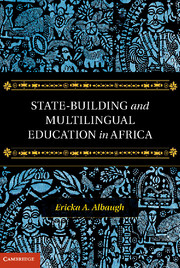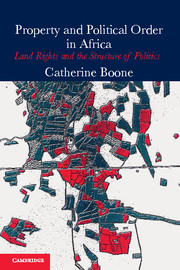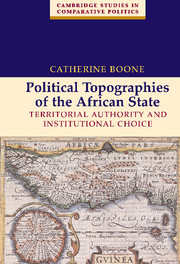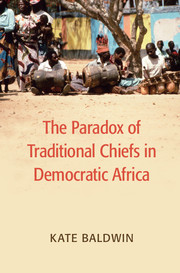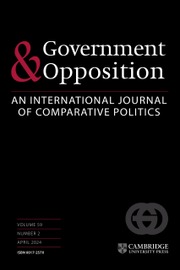State-Building and Multilingual Education in Africa
£90.00
- Author: Ericka A. Albaugh, Bowdoin College, Maine
- Date Published: April 2014
- availability: Available
- format: Hardback
- isbn: 9781107042087
£
90.00
Hardback
Other available formats:
Paperback, eBook
Looking for an inspection copy?
This title is not currently available on inspection
-
How do governments in Africa make decisions about language? What does language have to do with state-building, and what impact might it have on democracy? This manuscript provides a longue durée explanation for policies toward language in Africa, taking the reader through colonial, independence, and contemporary periods. It explains the growing trend toward the use of multiple languages in education as a result of new opportunities and incentives. The opportunities incorporate ideational relationships with former colonizers as well as the work of language NGOs on the ground. The incentives relate to the current requirements of democratic institutions, and the strategies leaders devise to win elections within these constraints. By contrasting the environment faced by African leaders with that faced by European state-builders, it explains the weakness of education and limited spread of standard languages on the continent. The work combines constructivist understanding about changing preferences with realist insights about the strategies leaders employ to maintain power.
Read more- A comprehensive treatment of colonial, independence, and present politics around language in education
- Includes an appendix with concise, detailed language and education information for each country in Africa
- Combines cross-national, quantitative analysis of all countries in Africa, mid-range comparison of three countries, and deep within-case comparisons, based on extensive field research in Cameroon, Senegal, and Ghana
Reviews & endorsements
'This is an extraordinary book in its originality, scope, detail, and thorough empirical dimensions. I have no doubt of its importance, as it uses language policy to make a broader statement about the nature and pitfalls of state construction in Africa.' Pierre Englebert, Pomona College
See more reviews'This is a book that should be of strong theoretical and empirical interest to many scholars and practitioners from a wide number of disciplines. Ericka A. Albaugh explains the puzzling divergence of educational policy making … Albaugh has not only identified a very interesting empirical puzzle in terms of these changing educational policies over time in Africa, but she has also effectively located this variation in a broader theoretical context of state-building and democracy. Albaugh draws creatively on a collection of original and primary data sources to make an intriguing argument that multilingual policies do not have a straightforwardly positive or negative impact on democracy. Rather, analysts must distinguish between the varied short- versus long-term consequences of these policies in different political contexts.' Lauren M. MacLean, Indiana University
'Theoretically rich, well documented, and sophisticated in its argumentation, Albaugh's book is one of the finest available on the origins of public policy and the process of state-building in Africa.' Nicolas van de Walle, Foreign Affairs
Customer reviews
Not yet reviewed
Be the first to review
Review was not posted due to profanity
×Product details
- Date Published: April 2014
- format: Hardback
- isbn: 9781107042087
- length: 336 pages
- dimensions: 229 x 152 x 22 mm
- weight: 0.66kg
- contains: 23 b/w illus. 1 map 15 tables
- availability: Available
Table of Contents
1. Introduction
2. Language and education in Africa under mission and colonial influence
3. Language choices in independent African states
4. Opportunities for policy change: ideas, materials, and advocacy networks
5. Incentives for policy change: ruler strategies for maintaining power
6. Language, education, and 'democratization' in Cameroon
7. Language and contention - violence and participation in contemporary African politics
8. Conclusion
Appendix A
Appendix B.
Sorry, this resource is locked
Please register or sign in to request access. If you are having problems accessing these resources please email [email protected]
Register Sign in» Proceed
You are now leaving the Cambridge University Press website. Your eBook purchase and download will be completed by our partner www.ebooks.com. Please see the permission section of the www.ebooks.com catalogue page for details of the print & copy limits on our eBooks.
Continue ×Are you sure you want to delete your account?
This cannot be undone.
Thank you for your feedback which will help us improve our service.
If you requested a response, we will make sure to get back to you shortly.
×
